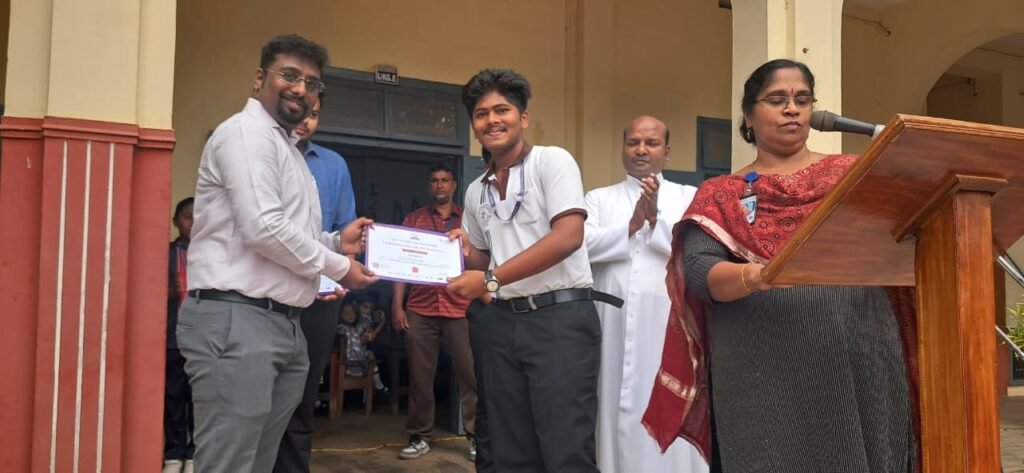A report titled ‘Women participation in campus hiring exams in India’ released by HirePro, an AI-powered recruitment automation firm also providing end-to-end campus recruitment solutions, reveals women’s participation in campus hiring exams increased from 34% in 2023 to 36% in 2024. The study analysed the women’s participation in the campus hiring assessments with a sample of 8 million assessments conducted between CY 2023 and CY 2024 from HirePro’s overall database. The report highlights key trends in campus hiring, and sector-wise participation of women candidates in campus hiring exams.
The analysis of women’s participation in campus exams across sectors from CY 2023 to CY 2024 highlights significant trends in gender diversity across industries. Overall, it reflects a positive shift, with several sectors making substantial progress in increasing female representation in campus hiring. The BFSI sector and Domestic Enterprises have emerged as the biggest contributors to this growth. GCCs-BFSI and India BFSI both saw a 6-percentage point increase, rising from 32% to 38%, indicating a strong focus on attracting and retaining female talent. Domestic Enterprises, which previously had the lowest participation, recorded the most significant jump, increasing from 19% to 27% (+8 percentage points). This suggests a growing commitment in these industries to fostering gender diversity, possibly through targeted hiring initiatives and inclusion programs.
Global Capability Centres (GCCs) in non-BFSI sectors also showed moderate improvement. GCCs-Others saw a 4 percentage point increase (from 31% to 35%), while GCCs-Products grew slightly by 1 percentage point (from 32% to 33%). While these gains are modest compared to BFSI, they indicate steady progress in expanding opportunities for women in various domains.
However, the IT services sector experienced a decline in female participation, dropping from 40% to 38% (-2 percentage points). This decrease may reflect changing hiring patterns, reduced intake from campuses, or a shift in the demand for specific skill sets. Despite traditionally leading in gender diversity, IT services may need to re-evaluate strategies to sustain and further enhance female participation.
Overall, the data presents an encouraging outlook for gender diversity in campus hiring, with BFSI and Domestic Enterprises leading the way. The slight decline in IT services signals the need for continued focus on inclusion efforts across all industries to ensure sustained progress.
The regional trends in women’s participation in campus hiring assessments show varied patterns across India. The South India continues to lead, although participation dropped from 39% to 37% in 2024. Central and North India recorded a modest a 1% point increase, while the East saw a slight decline from 24% to 23%. The West remained stable, maintaining a steady participation rate of 34%.



